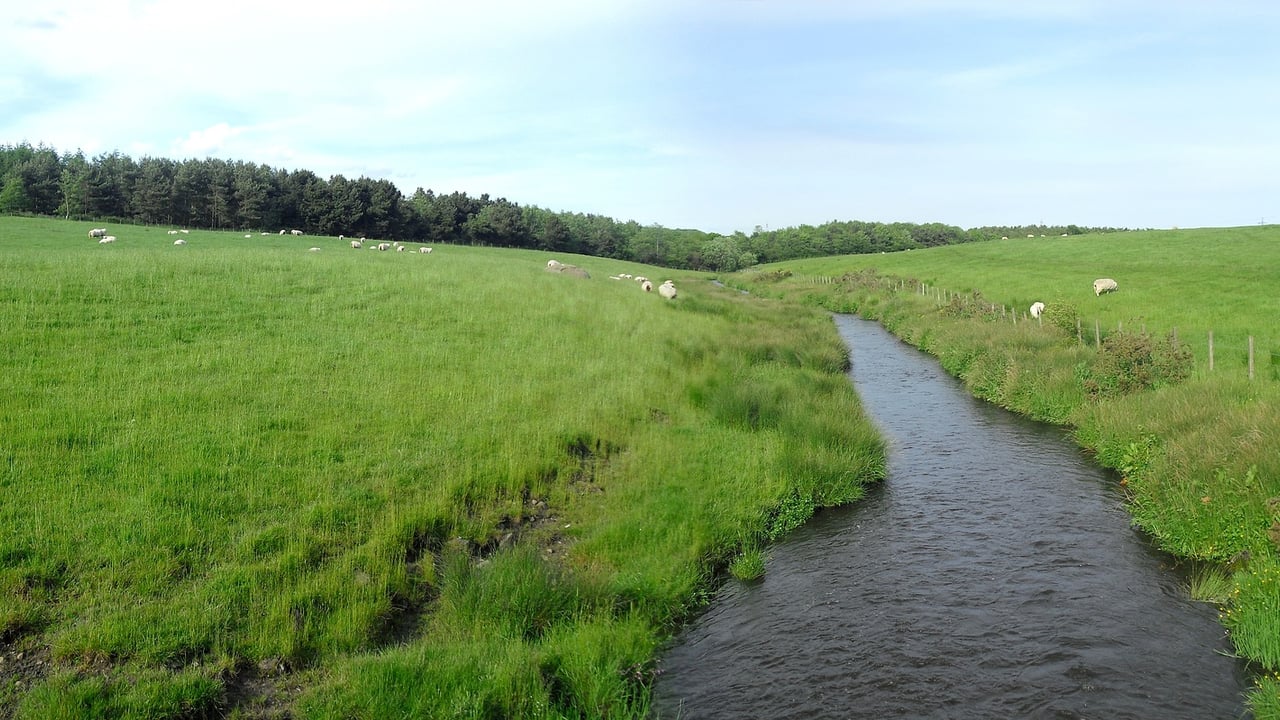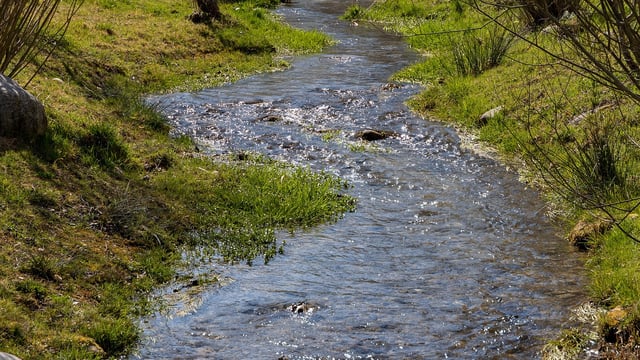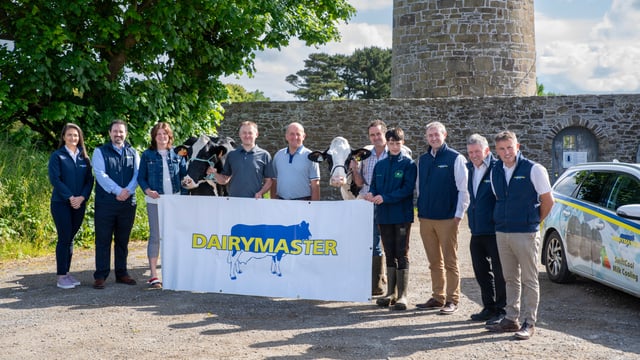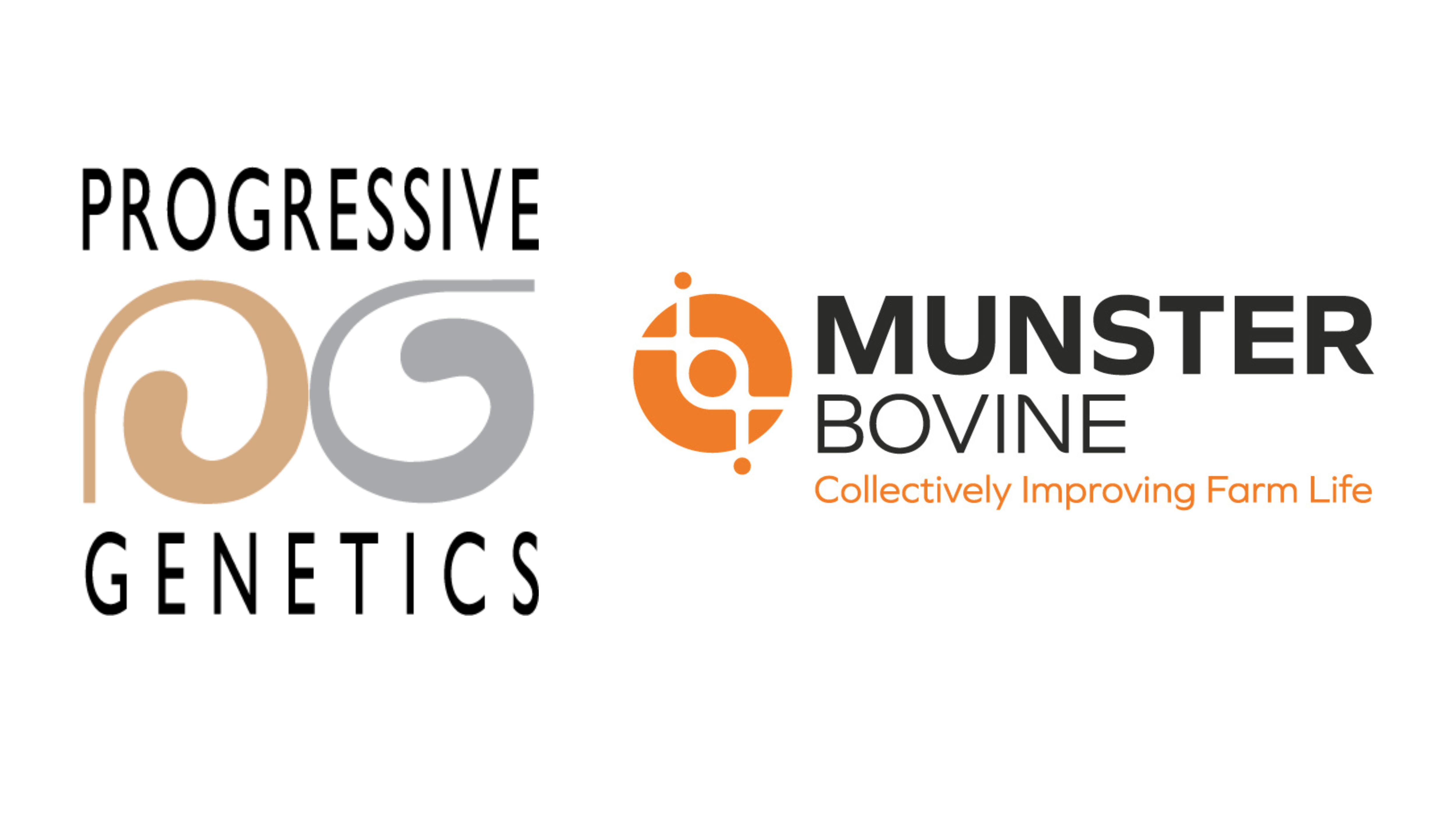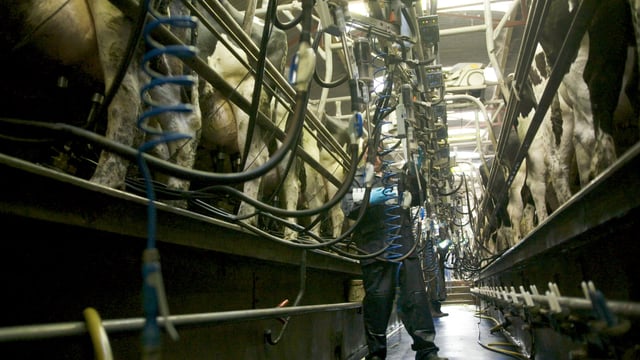ICOS: Farmers are '100% committed' to water quality
The Irish Co-operative Organisation Society (ICOS) has today (Wednesday, June 12) defended farmers' commitment to water quality following the publication of a new Environmental Protection Agency (EPA) report highlighting "nutrient pollution from agriculture".
In its Water Quality in 2023: An Indicators Report the EPA states that the biggest issue impacting water quality is "nutrient pollution from agriculture and wastewater".
It also sets out that there has been "no significant change in any of the water quality indicators for Ireland’s rivers, lakes, estuaries and groundwaters in 2023 and no sign of improvement overall".
The EPA has also warned that it is "essential that there is full compliance with the Good Agricultural Practice Regulations and that actions to reduce losses of nutrients from agriculture are targeted to where they are needed".
However Edward Carr, the president of ICOS, said today that it is "demonstrably clear to see across the farming and cooperative sectors that there is massive investment going on to protect water".
Carr added: "Nobody can accuse farmers and their cooperatives of not taking action to protect water quality.
"The facts on this are unquestionable. This commitment and activity will only increase in the years ahead.
"But the ultimate success and reward to improved water can only be achieved if all stakeholders including farmers, local authorities and other industry sectors stay focused and work together to achieve results.”
While he acknowledged that the EPA’s work "provides essential knowledge and information regarding sustainability, climate action and water quality", Carr also said that "tens of thousands of farmers who are signed up to environmentally focused schemes" would be frustrated by the latest EPA report.
He said this was chiefly because the report "is not showing the fast improvement that we expect as a result of all that is being done".
According to ICOS more than 90% of Irish dairy farmers have signed up to sustainability programmes which are aimed specifically at "protecting rivers and lakes".
The organisation also detailed that In 2023, over 2,500 Agricultural Sustainability Support and Advisory Programme (ASSAP) visits were carried out by co-ops in 2023 and this year's figure is expected to be higher.
There are also 50 ASSAP advisors working directly with farmers on measures to improve water quality.
In addition to this, ICOS outlined that more than 70% of farmers now use Low Emissions Slurry Spreading (LESS) which it described as "a massive leap from a standing start only a few years ago".
Carr added: "We as farmers must remain patient and continue with the good work being done to arrest a decline in water quality.
"We are more confident than ever that we will soon see the positive results of all of this work".

